Ghana has a robust system of education that is designed to prepare students for the world of work. Students are taught in English but have the opportunity to learn local as well as foreign languages such as French from the primary school level and Spanish at more advanced levels of education. Ghana’s literacy rate of over 90 per cent is the second-highest in Africa, according to the United Nations Education, Scientific and Cultural Organisation (UNESCO)..
Enrollment in both public and private institutions has increased in recent years, in response to the government’s policies to improve access and encourage uptake. Students from other countries in the region are drawn to Ghana to experience the quality that its education system is known for.
The school-age population is estimated at 11 million, pointing to a significant demand for education. Education is compulsory up to junior high school. As of 2020, there were 18,530 primary schools, 8,850 junior high schools, 700 senior high schools and 191 tertiary institutions including universities, technical universities, teacher and nursing training colleges. In the same year, there were 185,715 elementary and 207,972 secondary school teachers employed by the Ghana Education Service. Nationally, there is one teacher for every class of 27 basic school pupils and one per 16 secondary school students, although availability is higher in the urban areas than it is in the rural areas.

Private participation in the delivery of education is encouraged by the government as a way to close the access gap. At the basic level, private schools account for 51 per cent of the schools in the country, while at the secondary level, 70 per cent of the schools in the country are privately owned and operated, according to a 2019 audit. The same audit shows that there are 97 private universities, 94 public universities, 7 specialised training institutions and 8 technical universities.
As at 2020, a majority (32 per cent) of graduates took courses in business and law, followed by 26 per cent of students who graduated with qualifications in education. Ashesi University, which is privately owned, and the publicly owned Kwame Nkrumah University of Science and Technology are the only two Ghanaian universities that are placed among the top 300 institutions in the Times Higher Education rankings of tertiary institutions worldwide.
The government has embarked on a number of interventions to improve access, delivery and quality of education in the country. The Ghana Accountability for Learning Outcomes Project (GALOP) is a five-year initiative that was started in 2020 with the aim of enhancing equity and accountability in Ghana’s education system while simultaneously raising educational quality in low-performing basic education schools. It focuses on all 28 special education institutions as well as the 10,000 primary, middle, and high schools with the lowest test scores. The project will cost $218.7 million in total. The Global
Partnership for Education (GPE), the UK’s Foreign, Commonwealth and Development Office (FCDO, formerly the DFID) and the World Bank all contribute to its funding.
Most significantly, fees were abolished for publicly owned senior high schools as of the 2018-18 school year, which has led to a tremendous increase in enrollment at that level. The One Teacher One Laptop programme was launched in September 2021 to better equip teachers with the tools and skills for ICTenabled learning. With the support of the Chinese government, $130 million was committed to boosting infrastructure for vocational education and training, particularly in automobile, civil, mechanical, and welding engineering, as well as ICT.
In April 2022, the government set up a $67 million fund to cover the feeding and operation of the country’s colleges of education. A further boost to education in Ghana has come from Google, which opened its first African AI research centre in Accra in 2019 and is expected to attract top machine learning researchers and engineers to the country.
The Ministry of Education is the main regulatory and oversight agency, with the mandate to formulate policy and enforce standards. Under it are the Ghana Education Service, the National Council for Curriculum and Assessment, the National Teaching Council and the National Schools Inspectorate Authority, which are its implementation agencies.
External examinations for junior and senior high schools are conducted by the West African Examinations Council, a sub-regional body.
SECTOR OPPORTUNITIES
• Teacher training, especially in rural areas, to help correct imbalance in the distribution of teachers between rural and urban districts
• Provision of infrastructure to ease overcrowding and improve access to education and amenities such as water and sanitation facilities
• Investment in the delivery of early childhood education to improve literacy and numeracy skills, especially in rural areas
• Modernisation of education through the use of ICT tools to enhance the quality of education and training at all levels, as well as research resources and facilities
• Provision of high-quality educational supplies, including textbooks and other teaching and learning materials

Investment in STEM training for young learners, which is currently at very low rates – 7 per cent for engineering and 5 per cent for mathematics • Investment in the provision of student housing at the secondary and tertiary levels. ■TG
Ghana’s primary completion rate was historically high compared to that for sub-Saharan Africa, but remained relatively flat until about 2005, when it increased sharply. The rate is now near 100 per cent, similar to the average for other lower-middle-income countries. The junior secondary completion rate shows a similar pattern but at lower levels. Overall, then, the supply of better-educated workers has been increasing in Ghana, especially over the past two decades. Despite these solid improvements in enrollment and completion rates, many studies for Ghana indicate concern about the quality of schooling that children receive. Pass rates for both the Basic Education 8 Certification Exam (BECE), given at the end of junior secondary school, and the West African Senior School Certificate Examination (WASSCE), remain low, and Ghanaian students’ performance in one international exam, the Trends in International Mathematics and Science Study (TIMSS), is extremely low and did not improve between 2003 and 2011. Concerns about the quality of public schooling may explain the share of students who attend private schools. Historically, the share of students in private primary schooling was low in Ghana but the rate has steadily increased from well below the average for sub-Saharan Africa and lower-middle-income countries to more than both in recent years. The share of students in private secondary schooling has increased as well, but remains lower than for either sub-Saharan Africa or lower-middle-income countries..
Source: World Bank https://documents1.worldbank.org/curated/en/099846204252242466/pdf/IDU01b6cbcf707072048c90958a0ff207f116a99.pdf


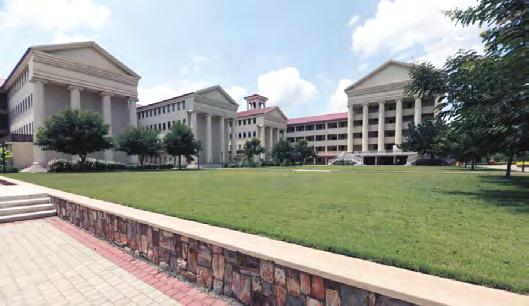
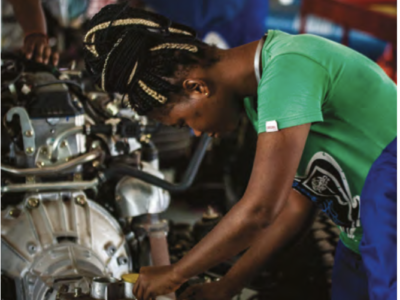
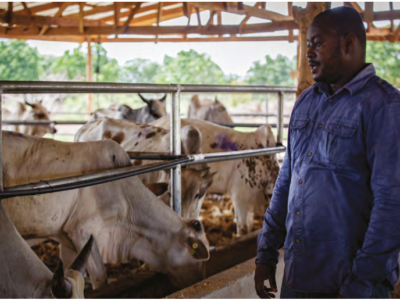
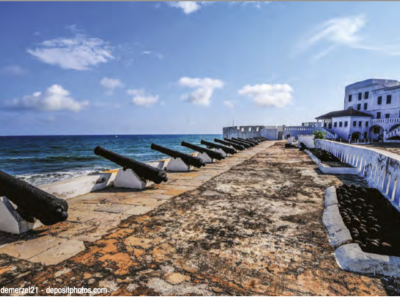

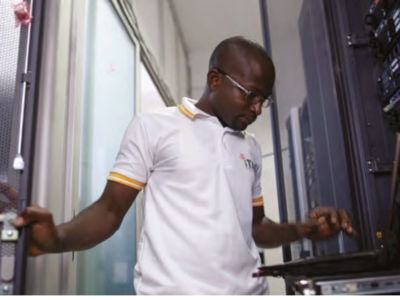
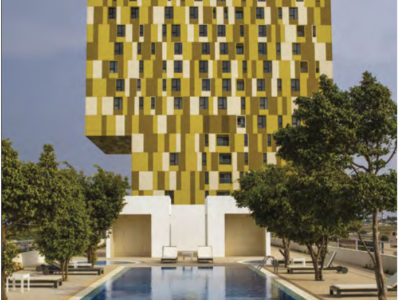
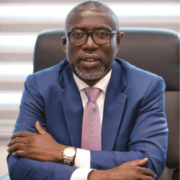
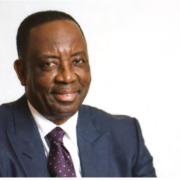
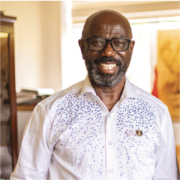
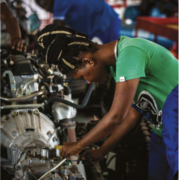
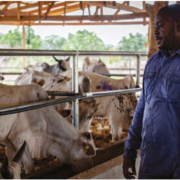
Comments